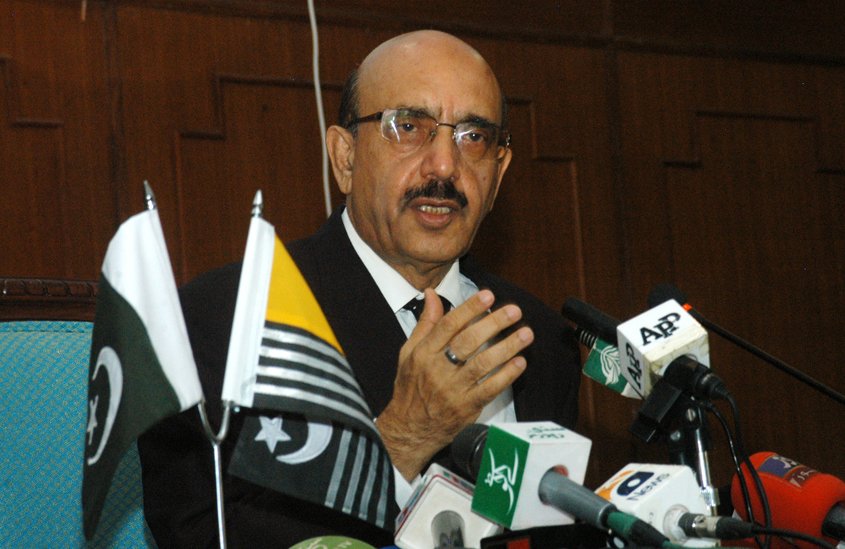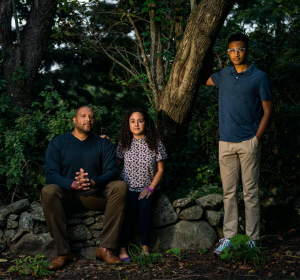NEW YORK – A two-day online conference on Kashmir, organized by Istanbul University, has voiced grave concern over the deterioration of the situation in Indian occupied Kashmir, and urged UN Secretary-General Antonio Guterres to appoint a special envoy to help resolve the decades-old dispute between India and Pakistan.
After detailed deliberations in which noted scholars from Turkey and Pakistan as well as prominent figures like Azad Kashmir President Sardar Masood Khan, Pakistan’s Information Minister Shibli Faraz, Lord Nazir Ahmed and Dr. Ghulam Nabi Fai, Secretary-General of the Washington-based World Kashmir Awareness Forum, took part. Also participating were Turkish and Pakistani journalists as also some Kashmiri activists.
According to a press release, the participants in the “Kashmir: Regional and International Dimensions Conference”, adopted a declaration welcoming UN chief’s reaffirmation of the world body’s position that the Kashmir dispute should be settled in accordance with the UN Charter and the available Security Council resolutions that pledged the right of self-determination to the Kashmiri people. Confirmed COVID-19 cases surge to 240,848 in Pakistan
It said the proposed special envoy should be mandated to initiate a process of mediation to pave the way for the holding of a plebiscite in Jammu and Kashmir, as laid down by the UN Security Council resolutions.
The participants in the conference also warmly welcomed Turkish President Recep Tayyip Erdogan statements in support of the Kashmir cause.
They also welcomed the report of the UN High Commissioner of Human Rights Michelle Bachelet that India “fully respects the right of self-determination of the people of Kashmir as protected under international law.”
The declaration condemn the introduction by Indian government of ‘Jammu and Kashmir Grant of Domicile Certificate (Procedure) Rules 2020”, saying it was aimed at changing the demographic character of the Muslim-majority territory at a time when the world’s attention is focused on the coronavirus pandemic. Is China capable of giving up dollar?
The participants condemned the serious crimes against humanity committed by the Indian military and paramilitary forces in Jammu an Kashmir, including genocide, massacres, extrajudicial killings, reprisal killings, arbitrary detention, torture, use of rape as a weapon of war, burning of houses.
They also decried the efforts to muzzle the press and further expressed need to restore the right to assemble and freedom of expression, and called for the release of all prisoners.
The video conferencing of the discussions, which took place on June 29 and 30, was organized by the Faculty of Letters of the Department of Urdu, Istanbul University.




